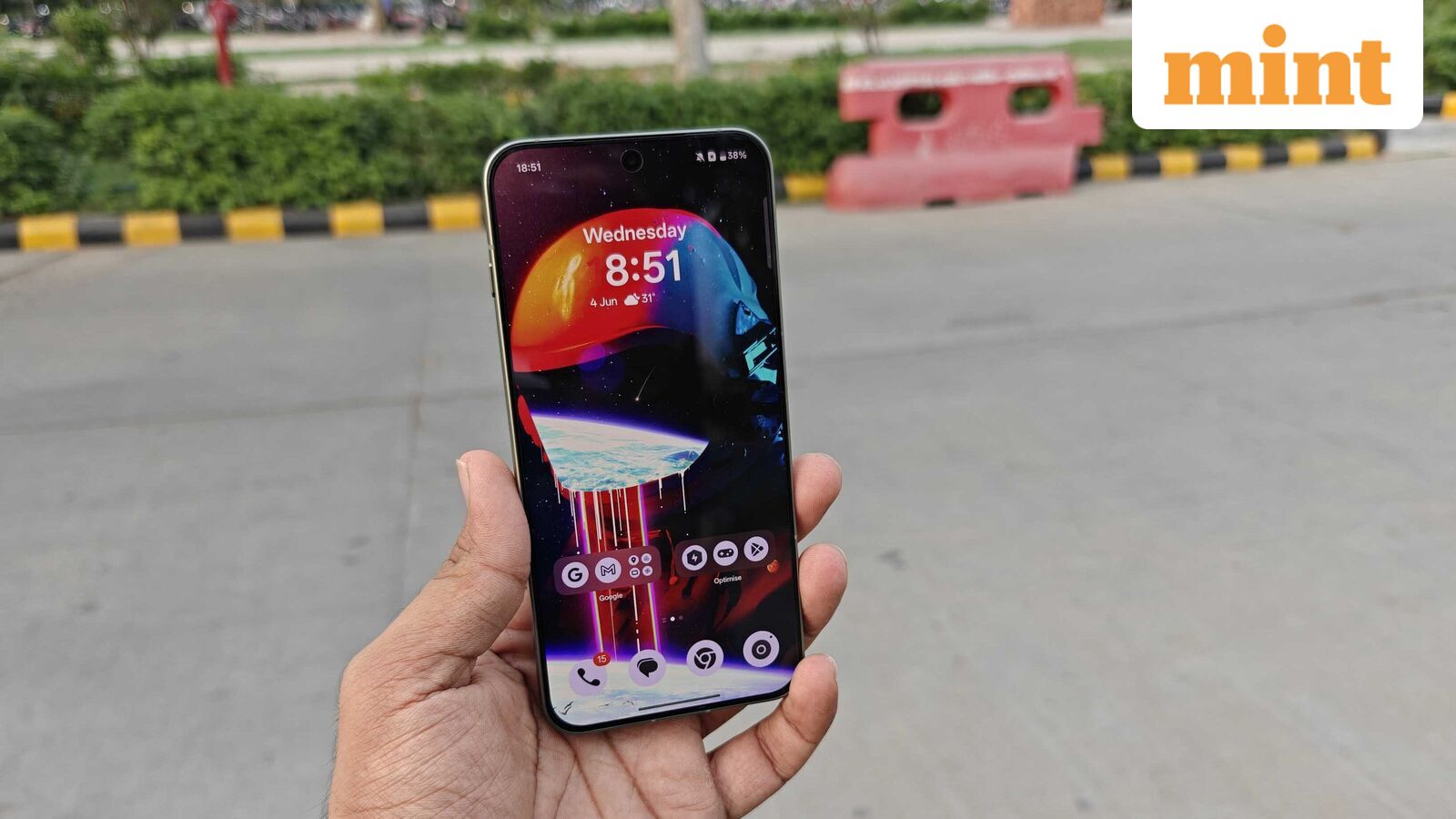Musk’s Neuralink Plans Speech Trial, Nonmedical Brain Implant

Neuralink Corp., Elon Musk’s brain implant company, plans to launch a clinical trial in the US in October aiming to use its device to translate thoughts into text, potentially opening up new possibilities for speech-impaired people to communicate.
The company also hopes to put its device in a healthy person by 2030, as Neuralink moves toward an eventual goal of creating consumer technology. It would be a massive expansion from the current activities of brain implant companies, which are testing devices only in people with severe medical conditions that make a risky brain surgery worthwhile.
“We’re currently envisioning a world where in about 3 to 4 years, there will be someone who’s otherwise healthy who’s going to get a Neuralink,” the company’s president, DJ Seo, said at the Korea Foundation for Advanced Studies in Seoul earlier this week.
Neuralink aims to start a new clinical trial to read speech directly from the brain, Seo said in his presentation.
“If you’re imagining saying something, we would be able to pick that up,” he said.
The US Food and Drug Administration has granted Neuralink an investigational device exemption for the trial, which allows it to start testing an unapproved device, according to a presentation accompanying Seo’s lecture. The company is currently running five other clinical trials testing implants that control electronic devices, like computers or robotic arms.
There are no implants commercially available for patients that read speech directly from the brain.
Neuralink did not immediately respond to a request for comment.
Neuralink is one of several companies building a brain-computer interface, which could allow direct communication between the brain and electronic devices, bypassing the limbs or sensory organs. Neuralink’s short-term goal is improving the lives of people with medical conditions; its long term ambition is enhancing human capabilities in general.
During the question-and-answer portion of the talk, Seo said that the company ultimately plans to produce consumer technology.
Neuralink and other companies have already been testing devices that enable paralyzed people to control a computer with their mind, allowing them to use a virtual keyboard to type words in some cases. Reading words directly from the brain could be much faster.
Seo said technologies like this would allow people to directly query large language model AI platforms with their mind, bypassing a keyboard.
“We think that it’s actually possible to demonstrate abilities to speak to the latest AI model, or LLM models, at the speed of thought, even faster than how you’re speaking, and being able to potentially get that information back through your AirPods, effectively closing the loop,” he said.
Several research scientists have been using similar devices to try to help people with strokes or neurodegenerative diseases like ALS, which damages the neurons that control movement. People with the disease can still think, but some can’t control their mouths to make words. Neural devices like implants would transmit a person’s speech directly to a computer.
Other scientists have already demonstrated in published research that they can read directly from a person’s brain what they are trying to say or even what they imagine saying.
Details from Seo’s presentation were reported earlier this week by media in South Korea. A video of the talk was posted on YouTube on Friday.
An October start for the thought-to-text trial is a delay from the company’s previous schedule. In July, Seo said that the company would start implanting in the speech cortex by the end of the next quarter, which concludes this month.
Speech restoration is just one of Neuralink’s goals. The company is also working toward potential treatments for blindness and Parkinson’s disease, but it does not yet have any devices approved for commercial use. It aims to put implants in 20,000 people a year by 2031.
With assistance from Kyung Bok Cho.
This article was generated from an automated news agency feed without modifications to text.




